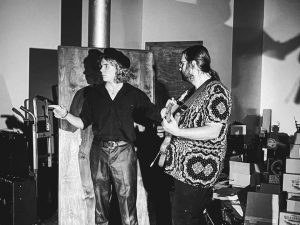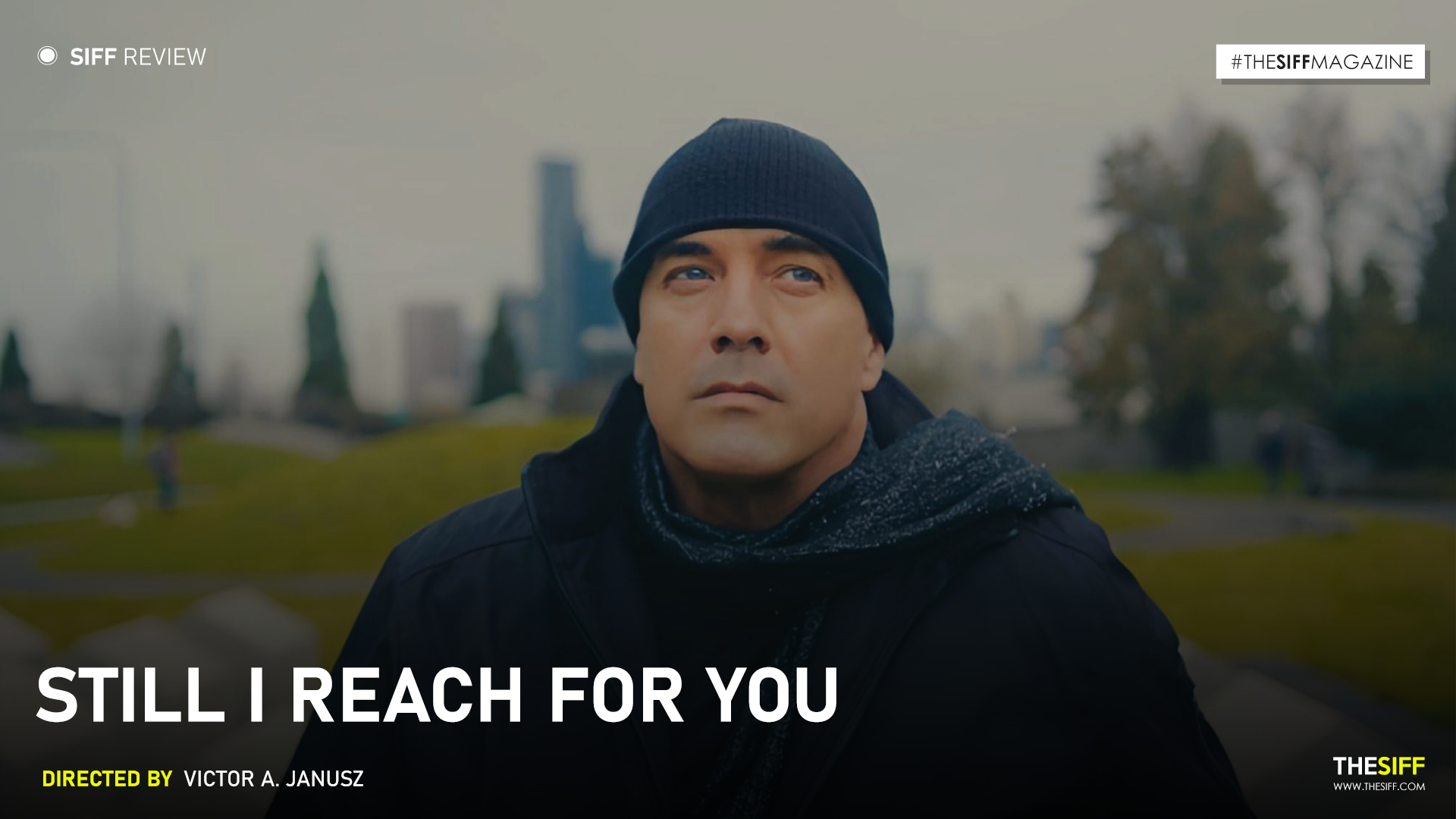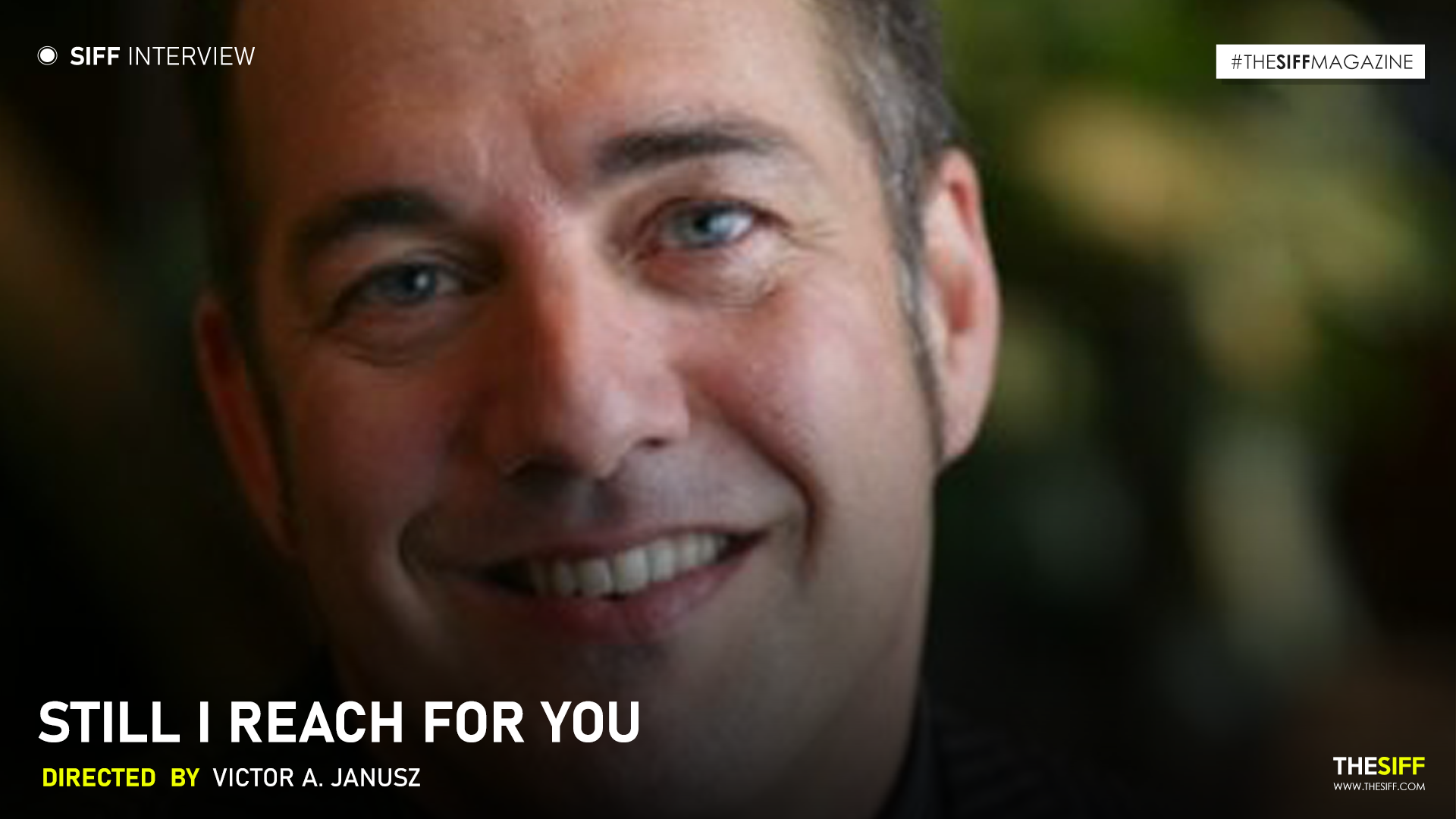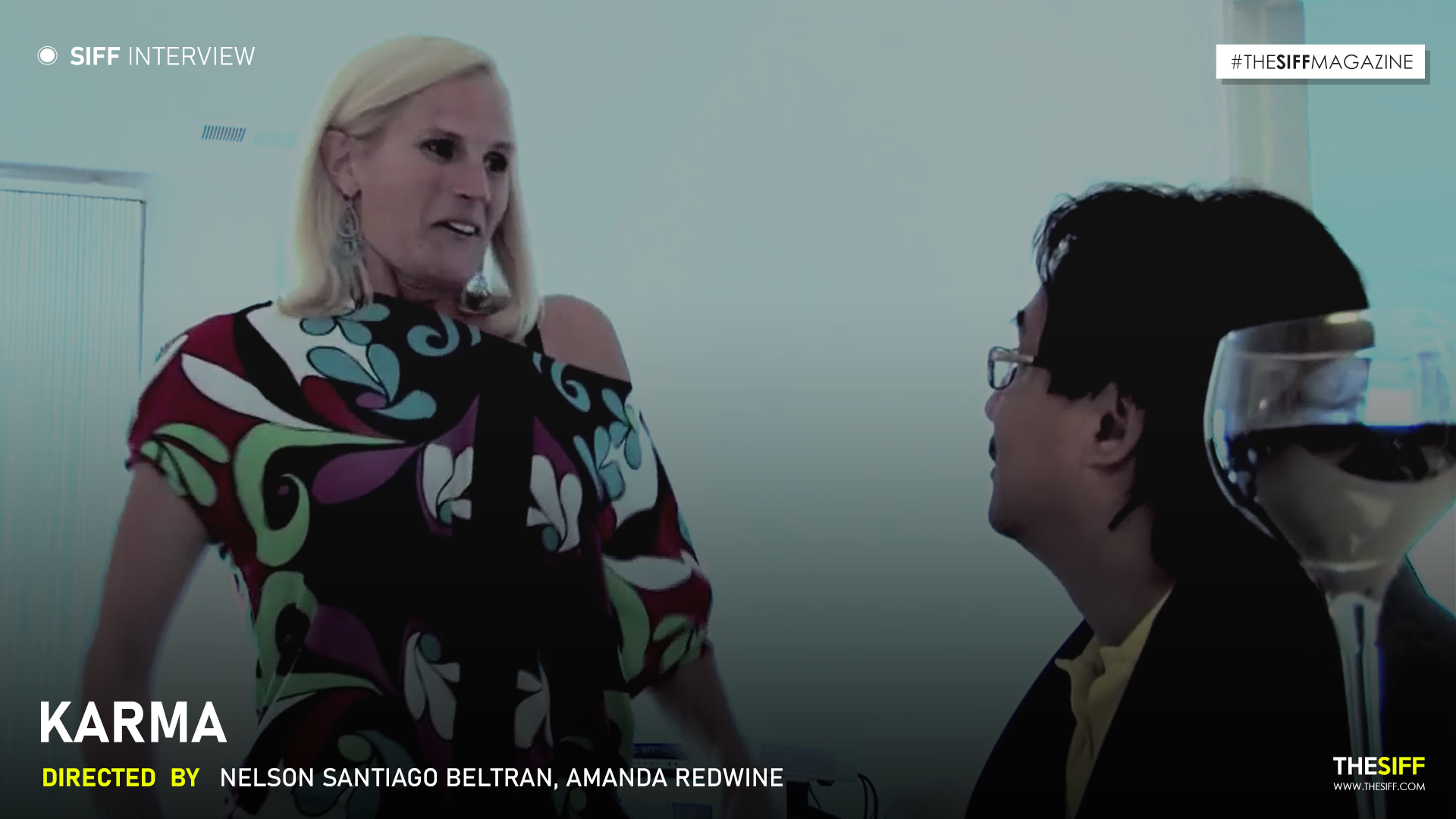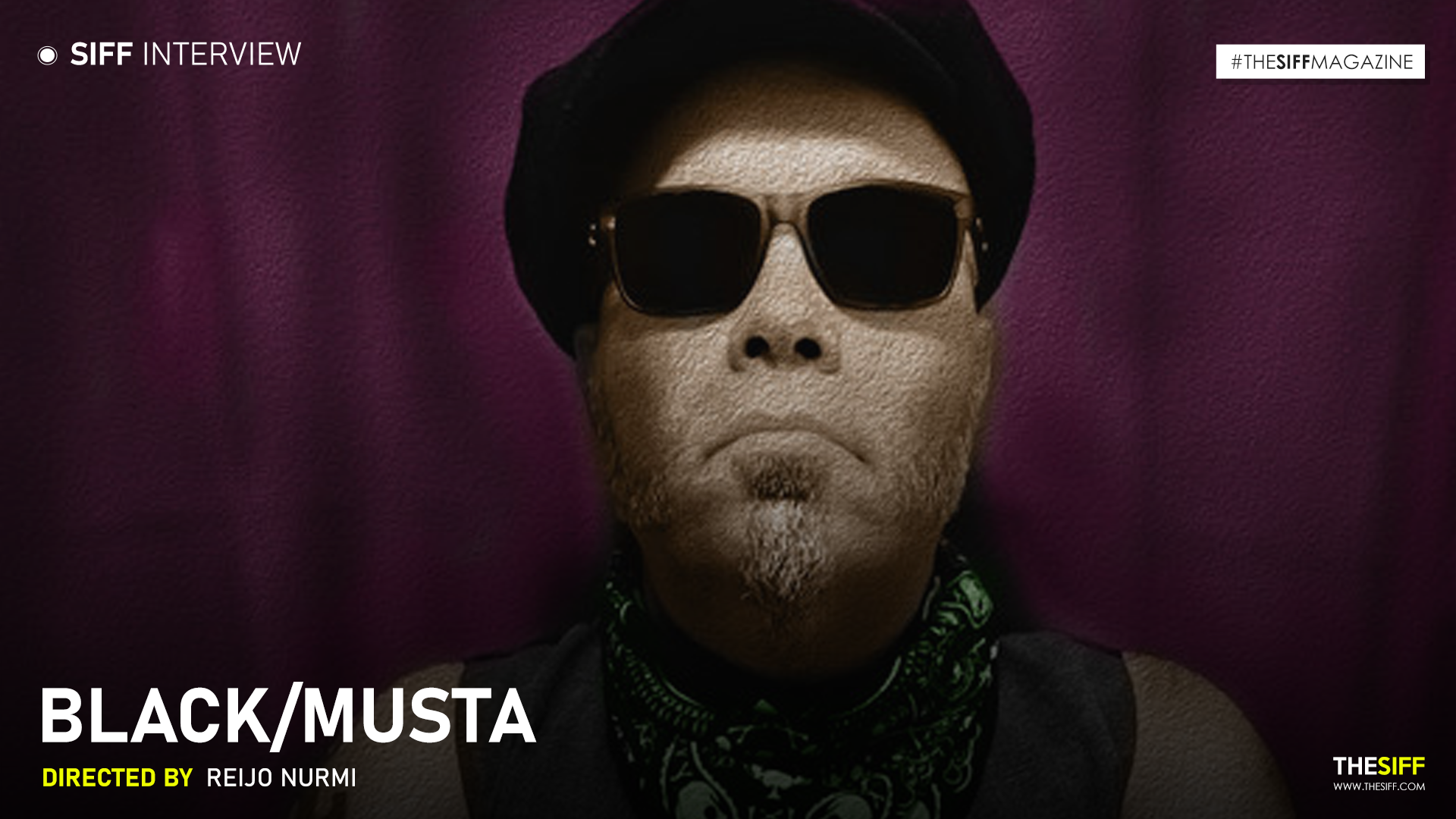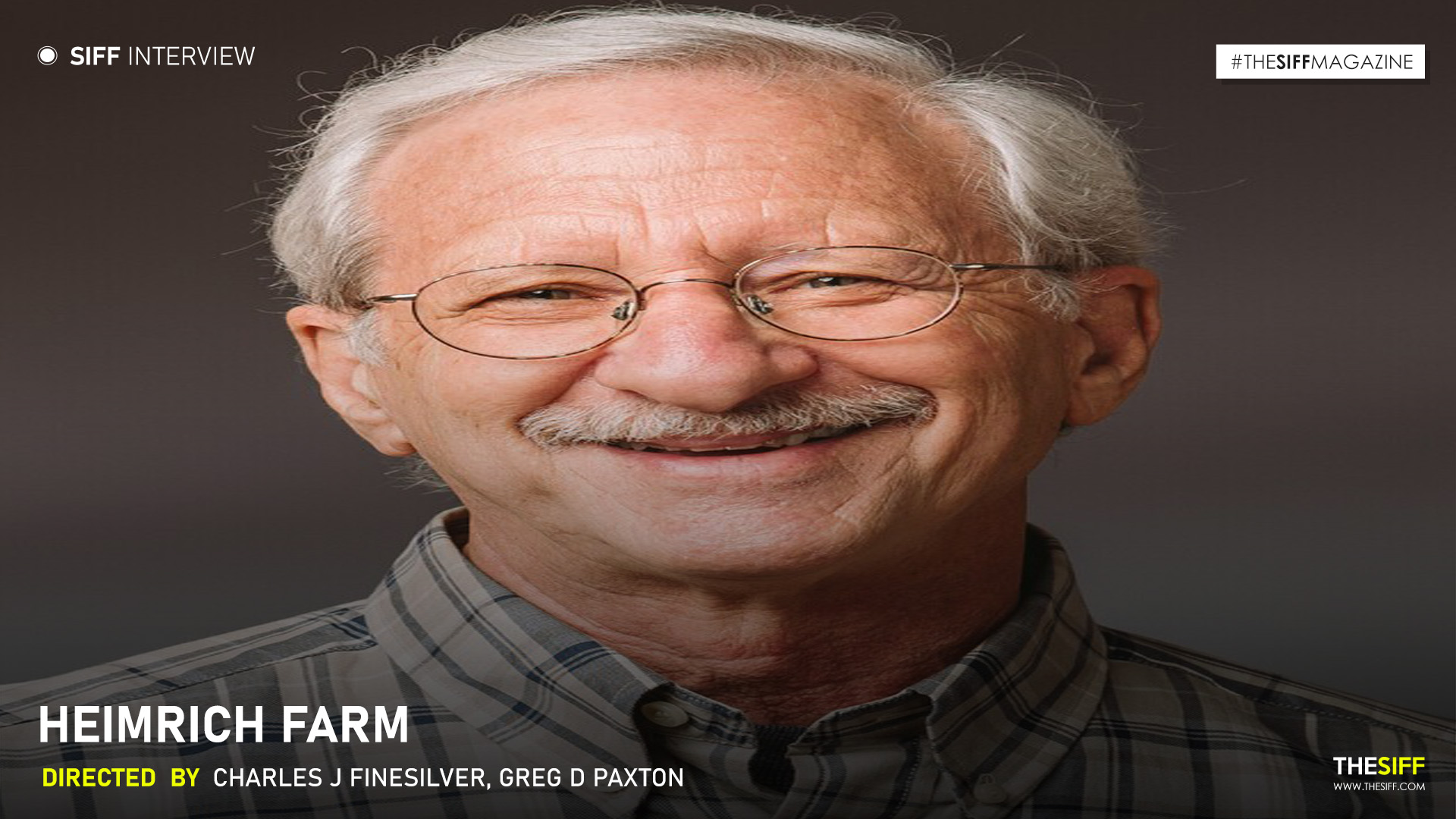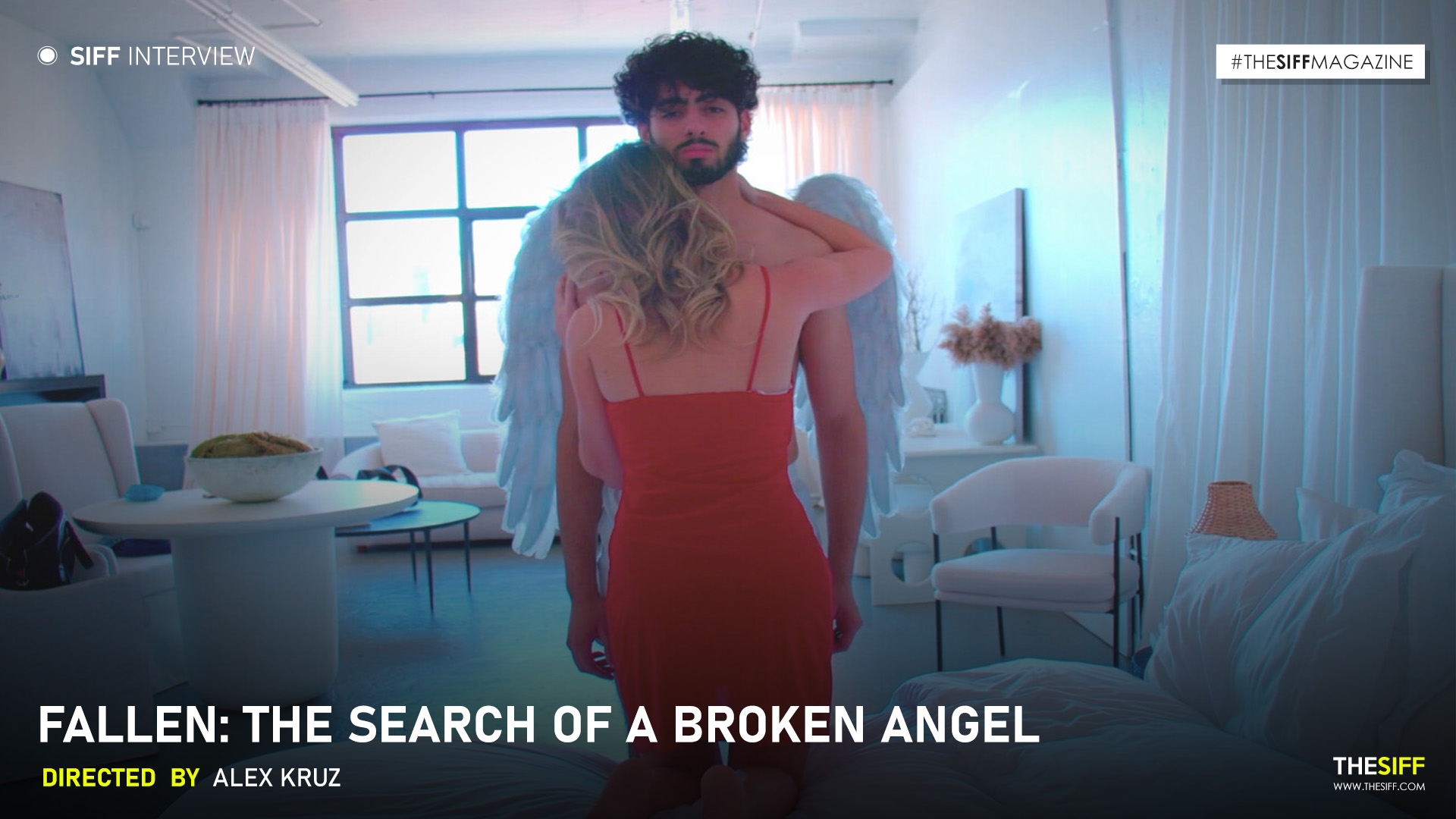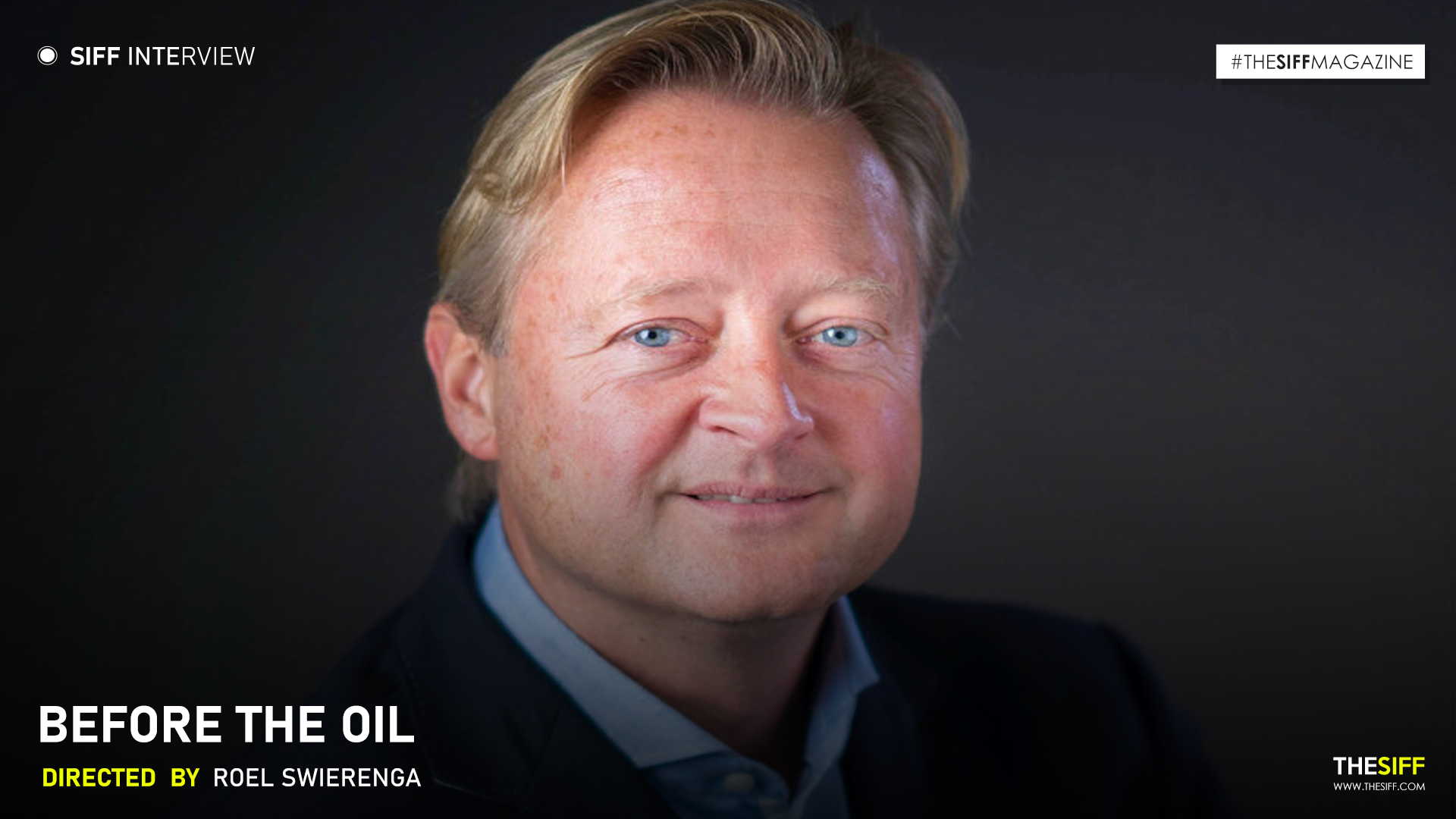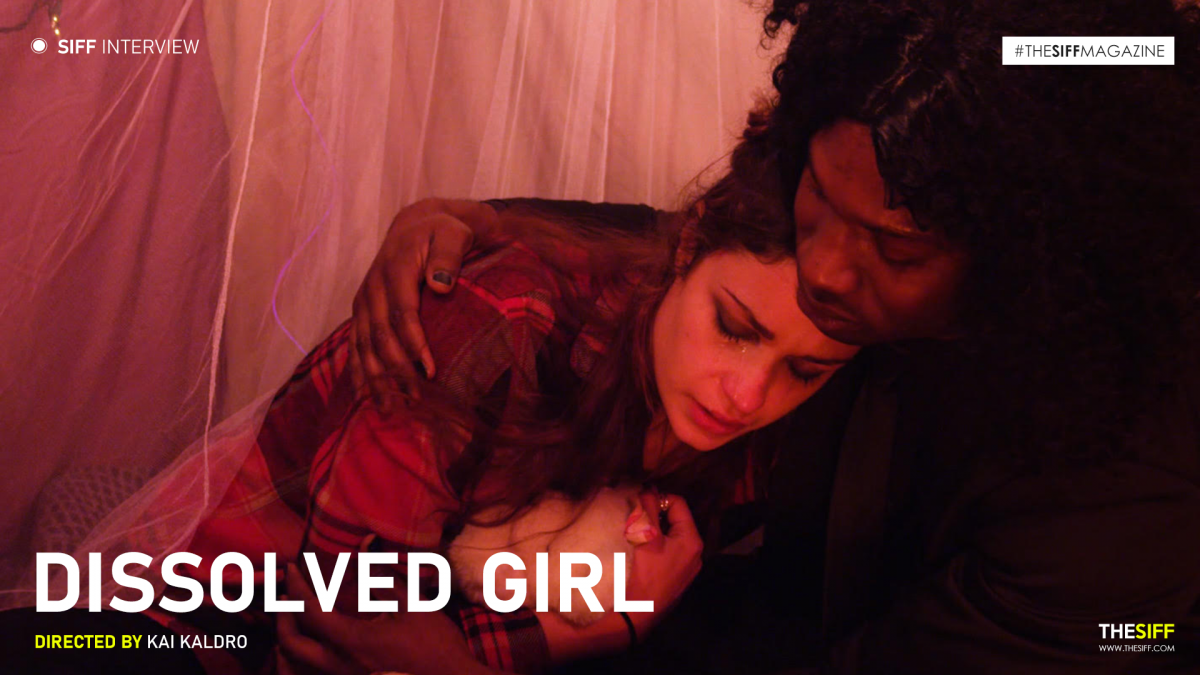
Movie : Dissolved Girl
Director : Kai Kaldro
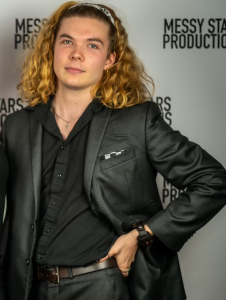
“Kai Kaldro is a film director, editor, and screenwriter from Brooklyn, New York. He is best known for his work on rock music videos and independent but ambitious, stylized action shorts that artistically rebel against their limitations to emulate the grandeur of Hollywood blockbusters.
His narrative works which he wrote, directed, and edited include the 2020 short black & white neo-noir short Sinner’s Lullaby, followed by cyberpunk transmission Dissolved Girl.
Kaldro also appears in the music video for iPad by The Chainsmokers.
Kaldro is an alumni of New York Film Academy and was mentored on set by the late great production sound mixer M Wolf Synder (1985-2021), known running sound on 2021 best picture winner Nomadland by Chloe Zhao. Dissolved Girl was one of Wolf’s final pictures and is dedicated to his memory.
Thematically, Kaldro’s films explore perceived reality and troubled characters embracing their humanity within a dark city. As a director, he exacts an eye for minimalist special effects and creative problem-solving.”

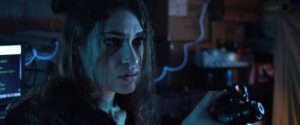
Hello Kai! “Dissolved Girl” is an amazing take on the cyberpunk genre! It reminds me of “Ghost in the Shell” in terms of content, but yet, the movie had so much more to offer! Tell us how you came up with this movie?
Why thank you so much, that means the world!
I think the two harshest blights of the 2010s and now the 2020s have been political/cultural divisions pertaining to race, gender, sexual orientation, religion etc, but also our technological oversaturation— I really think the latter has exacerbated and manipulated the former in the wake of social media and smart phones. Ultimately a far severer version of televisation.
Our digital world has really perpetuated certain algorithms or black & white thinking, and ultimately prevented, or “programmed”, certain people who are perhaps on the same side to fight against each other, instead of standing together. I think there are also a number of younger folks who’ve perhaps caught on to the unspoken programming of our time and feel isolated in their skepticism, and are not only searching for a truer peaceful consensus and natural equilibrium, but searching for open-minded people. That very much manifests Dissolved Girl’s 2 leads; Lenore Warner (played by Alexandra Faye Sadeghian) and Val McGinnis (played by Ivelaw Peters).
I just turned 21 years old and was 19 when we shot the picture, so naturally a lot of my own introspection in having been brought up into a world so divided and that sort of loss of innocence that occurred throughout the last few years, especially, is surrogated through the character of Lenore.
Dissolved Girl is a very literal approach to the conflation of culture clashes and technological clashes; where we see humans and robots are in a politically/culturally war-torn dystopia.
Kai, according to you, what makes artificial intelligence stand out so much in today’s world?
I think we’ve grown so desensitized to the digital entities we’re symbiotic with that are in essence robot home servants a la; Rosey from The Jetsons! If artificial intelligence had feelings, they’d have to be more curious about us, than we are of them. Not all but, some – just as how it’s dismissive to generalize humans, it’d be equally pernicious to generalize machines or AI’s, because in a sense we’re both “programmed”. Humans, in the factory assembly of certain social conditioning and education “downloaded” onto us.
It’s evident that you have a flair for Noir. Who are your inspirations? What kinds of films did you grow up watching?
I want to say that my films owe the most to The Wachowskis, Sam Raimi, Alfred Hitchock, and Rob Zombie. My music videos would owe the most to MTV guru Sophie Muller!
What was most parental towards my cinematic consumption coming up were the action flicks either based on or inspired by comic-books and Japanese animation coming out at the time in the 2000s, and then to contrast that; a lot of classic mystery or detective films. My all time favorite is Hitchcock’s Rear Window! The love story between Jimmy Stewart & Grace Kelly had an impact on both Lenore & Val in Dissolved Girl and the two leads in my previous short Sinner’s Lullaby. A couple who are from different worlds overcoming their differences by investigating and fighting crime together really made an impression on my hopelessly romantic young self. I think it’s just great cinema!
Something about the action spectacles of the late 1990s or early 2000s were so different from what came out before and after. That kickass rebellious energy that was and is so abrasively countercounteral, yet the general public couldn’t say no. The Matrix Trilogy and The Crow are like my mythology. A big staple of this era I’ve tried to revive in my own films now in the 2020s is the killer rock/metal soundtrack. Many of which I collected on CD back in the day.
Dissolved Girl’s music lineup would seem all but an homage to that, but I always dream it’s in fact a first step in revamping these headbanging playlists for all time. At least in my own filmography. If I could have just one wish, it’d be welcome aboard the awe-inspiring rock goddess Taylor Momsen and her band The Pretty Reckless for an original soundtrack single collaboration on my next picture, or to feature some recent material by Evanescence, Halestorm, or Rob Zombie. In spirit, a jukebox musical, but instead of singing and dance choreography… it’s gunplay and martial arts choreography!
Kai, you have been in touch with films ever since you were a child! Tell us how would you define “film”?
Well y’know, the reason I spoke so emphatically before about soundtrack contributions is because my fundamental definition of film is that it’s an amalgamation of all the different
artforms simultaneously, music included— but also art direction, hair/makeup artistry, clothing design, animation, painting, etc.
That’s why I’ve always hastily rejected the term “style over substance” when it comes to art, especially film. Because c’mon, it’s a movie, it’s not real— and time and work go into creating substantial physical entities (production design, musical score, or costume/hair/makeup artistry) to make the illusion, the “magic trick” work. I’ve always felt that phrase would be analogous with chastising a magician, regardless of how impressive or convincing their act was, simply on the basis that you know it’s an illusion. I say their “style” IS substance. Case in point, it’s all physically existent and evident on camera before us, it’s right there!
I’ve always gravitated towards and dreamt to make films that from a physical standpoint, do not at all resemble our world or everyday lives in how they look and sound, or how people talk and dress. I remember reading up on master production designer Barbara Ling’s work and coming to the revelation that the further you physically distance and caricaturize your film from reality, the more all the many artforms that encapsulate cinema will be amalgamated.
Lenore is a very unique character. How did you end up writing such a powerful character like her? What was your approach while writing her character!
Why thank you so much! Much is owed to Alexandra Faye Sadeghian’s fantastic performance. I was honestly worried prior to shooting that Lenore’s duality would come off as a gratuitous “subverting expectations” type creative choice that exists for the sake of it, but Alexandra really understood the nuance and breathed such believability into the character.
Despite there being some increase in female action heroes on screen in recent years, I think part of the reason why there is still felt to be a marginalization in this genre is because they’re often portrayed so masculinely and are stripped of any feminine qualities, and I think that’s where the nasty untrue reinforcement of femininity being “weak” is perpetuated. So in defying the algorithms and overcoming the stereotype, Lenore Warner is in fact the ultimate girls’ girl, complete with a bedroom covered in stuffed animals with a princess mirror, and she grows to embrace her true feminine self, in order to fulfill her true potential.
There’s an element of reclaiming lost innocence, especially lost girlhood, hence the double-entendre of her eponymous hacker alias, which by the end is more of a superhero alter ego. Conceptually, her costume with the leather, tutu, and red bow was “what if a Disney Princess rode motorcycles?”. Ivelaw’s Val McGinnis I think was an aesthetic hybrid of Jimi Hendrix and Morpheus. We had so much fun with the costumes, and I adore the physicality the two leads brought, and how delineated they became.
Cyberpunk is comparatively a new genre, and with it you blended the classic noir! How exciting and thrilling the entire procedure was?
Thank you! This is an important question. It was certainly premeditated, so I’m honored for it to have been noticed and to be asked about it.
My personal favorite classic noirs are the ones which weren’t afraid to have a sense of humor, sense of humanity, and especially a sense of romance. It was always my hope to rekindle that approach within Dissolved Girl. A prime example is one of my filmmaking bibles; The Big Sleep (1946) by Howard Hawks, starring the one and only Humphrey Bogart & Lauren Bacall.
I think Alexandra & Ivelaw naturally had a similar potential and I hardly had to direct them in that regard— the idea was always to emulate two leads being at odds and always trying to match wits, only to realize there’s romantic lightning. And to parallel Lenore with Bacall’s Vivian Rutledge, we aspired to run with the twist that just because our mystery woman is exactly that, and initially refuses to divulge her cards to the male gumshoe, that does NOT mean she’s villainous or a femme fatale either. Just means she’s proactive.
These are complicated, strong ladies and through both the eyes of Bogie’s Phillip Marlowe and Ivelaw’s Val McGinnis surrogating our curiosity and mistrust as the audience, I think we’re challenged by how both women subvert whatever impending malice was suspected of them, but in turn, both gentleman are all the more smitten. I think the reason why “opposites attract”, especially on screen, is because truthfully, nothing is sexier than someone who challenges what you think you know. That’s something the Turner Classics era really nailed understood.
So in the exact opposite world where it’s leather, shades, industrial rock music, and nanotech eyedropper drugs… as opposed to fedoras, flowered pillbox hats, cabaret tunes, and cigarettes smoked out of holders— I think translating a page out of the old book somehow made it all the more grounded and in good earnest taste.
What’s your opinion on Humanity vs Humanoid?
Maybe there’s a humanoid out there looking for a human who is just as perceptive and skeptical of their own “programming” and what’s been downloaded onto them. I think that question manifests in the duo of Lenore Warner & Val McGinnis on screen in Dissolved Girl.
Much like how humans from various backgrounds have struggled to coexist with each other throughout history; race, gender, sexual orientation, religion etc – the humans and humanoids in the world of Dissolved Girl are at similar odds, but as our two heroes conclude by the end of the picture that it’s their actions that define them and the will to overcome the barriers against each other that have been societally engrained, in a sense “programmed” into them.
As an independent filmmaker, what kinds of difficulties do you face? How do you find courage to go beyond them?
What is a deceptively healthy phrase intended to keep you in check, but such a detriment that especially independent directors are subjected to, and seriously need to abolish from their
vocabulary is … “too ambitious”. Especially because the reality of our artform is that it has evolved throughout a history of rebelling against limited resources or non-ideal unforeseen circumstances, and creating new ways to achieve certain grandeurs, scope, or special effects.
Obviously, not every film-production equivalent of “pulling a MacGyver” I’ve procured has identically emulated that of a major 200 million dollar picture, but when playing back the dailies, I always feel an uncompromising charm and something about it very, very spiritual. I think that’s what gives a motion picture it’s soul. The will to take action amongst the cast & crew, regardless of the circumstances.
Kai, what are your basic goals as a director? What do you want to show your audience?
I strive to balance stories pertaining to some kind of gritty underworld with a certain alluring grandeur extrapolating into all kinds of fun, but that also have an emotional availability and warm human touch. In a city so dark, any light shines all that more brightly.
From a directorial standpoint, I simply just think that’s good cinema, to have some big popcorn fun whilst also being moved and feeling a personal resonance… and on a more spiritual level; I’ve always considered myself an emotionally available guy, but I’m oftentimes not the first person people come to when they’ve had a bad day, so for whatever I’m lacking in personal interactions, I hope to better offer universally to all via a motion picture.
It was refreshing to talk to you! Now comes my last question, how is the work for your next project going?
Thank you! A huge pleasure, it was so lovely of you to have me!
Ooh, lots of things in the pipeline, most prominently on the horizon perhaps is the feature-length action-packed upgrade of my first short film; Sinner’s Lullaby. We’re very young in pre-production and on the hunt for powers that be who’ll help facilitate the production, cast, and crew, but I have faith things will really pick up in the next year.
Sinner’s Lullaby is a black & white neo-noir action spectacle with a bit of a gothic edge. It’ll see a troubled rock guitarist moonlighting as private detective and a wholesome but strong lounge singer; as the two must band together in both the combative and musical sense on October 30th “Devil’s Night”, when the criminal underworld plaguing their city is mysteriously overthrown by an even greater menace.
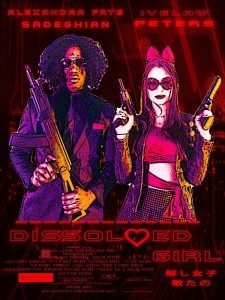
Get ready for the 3 Gs: guitars, guns, and goddesses!
